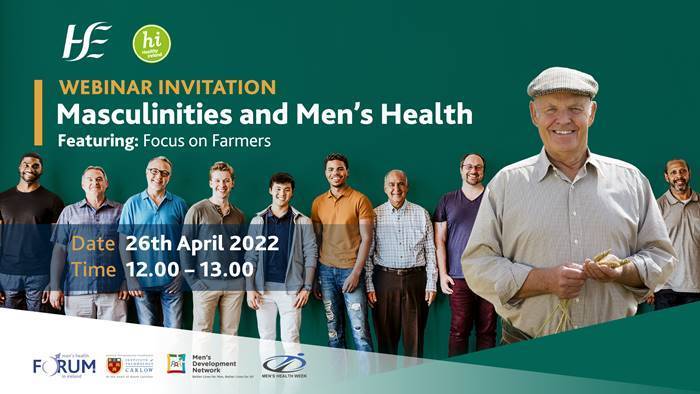Hidden Homelessness
This research was commissioned by Simon Community NI and undertaken by a team based at Ulster University. The aim of the research was to examine the issue of ‘hidden’ homelessness in Northern Ireland - that is, people who are homeless but whose situation is not ‘visible’. It looked at why individuals become vulnerable to hidden homelessness, the barriers and challenges they encounter in seeking help and support, and the most discernible impacts upon those affected by it. Access the report and find out more about this research at: https://www.ark.ac.uk/ARK/projects/HH

